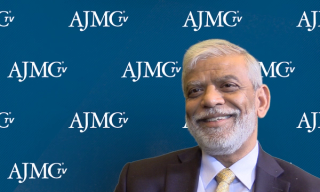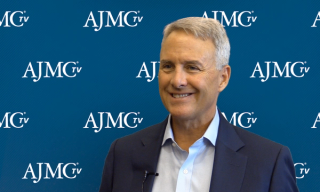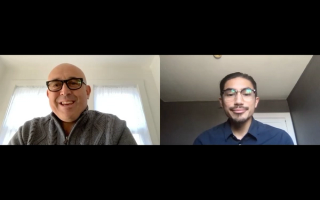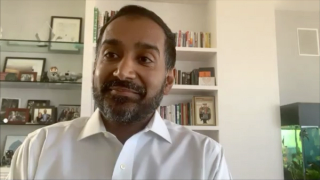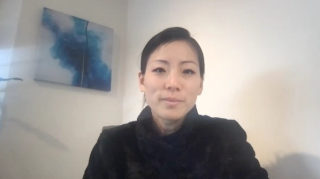
Payers
Latest News


What We’re Reading: VA to Prioritize Cancer Claims; Pfizer’s COVID-19 Cash; Medicaid Coverage Concerns
Latest Videos

CME Content
More News

The 2023 Physician Fee Schedule final rule was released and swiftly drew condemnations from physician leaders because of a 4.5% cut to reimbursement.
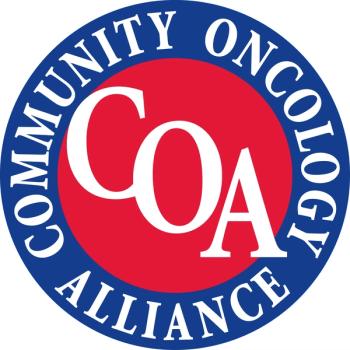
Brian Corvino, MBA, managing director, Life Sciences and Health Care Practice, Deloitte Consulting, LLP, offered an overview of how the surge of innovation in oncology—and resulting drug approvals—dominate the biopharmaceutical sector. He spoke at the Community Oncology Alliance's Payer Exchange Summit.

The quest to deliver better cancer care—with better outcomes and patient experience—is not a one-size-fits-all journey, as seen in panels during the Community Oncology Alliance (COA) Payer Exchange Summit, held in Tyson’s Corner, Virginia.

In an interview, the section chief of hepatology at Rush University Medical Center discussed why the addition of the International Classification of Diseases, Tenth Revision, Clinical Modification (ICD-10-CM) diagnosis code K76.82 is necessary.

The FDA’s approval of teclistamab for relapsed/refractory (R/R) multiple myeloma makes it the first bispecific T-cell engager antibody to enter the treatment landscape.
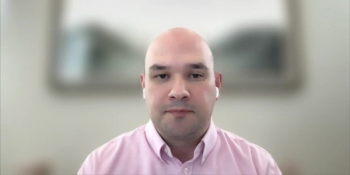
Jason Ezra Hawkes, MD, MS, FAAD, board-certified dermatologist and associate professor of dermatology at the University of California Davis in Sacramento, discussed how prior authorizations and other insurance requirements are limiting treatment access in atopic dermatitis and how dermatologists can help ameliorate these approval issues.

Black and Latino Americans saw surges in health care insurance enrollment through the Affordable Care Act (ACA) between 2020 and 2022; Medicaid enrollment and spending is expected to slow in 2023; the Biden administration is preparing a national hepatitis C treatment plan.

The latest updates in lung cancer screening guidelines will help address disparities in certain populations, but multiple barriers including access to programs and payer coverage remain issues.
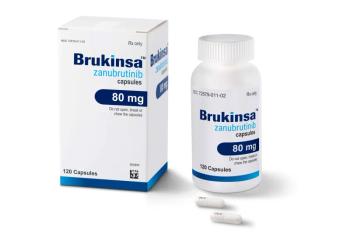
Results will be presented at an upcoming medical conference.
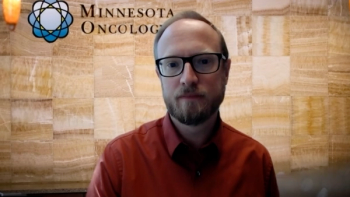
Biosimilars have had such an impact on driving down costs, that in some instances the reference product might be the lowest cost option, explained Paul Forsberg, PharmD, director of pharmacy, Minnesota Oncology.

Panelists at an Academy of Managed Care Pharmacy (AMCP) Nexus 2022 session discussed enhanced utilization management strategies to manage the rising cost of specialty drugs, while providing members with support for rare, complex conditions.

The concluding keynote address at the Academy of Managed Care Pharmacy Nexus 2022 meeting discussed new and emerging oncology drugs in the pipeline and their potential impact on the treatment landscape as it pertains to managed care providers.
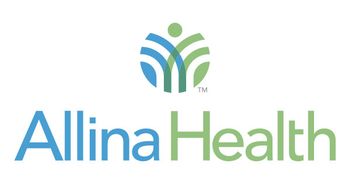
Mike Koroscik, vice president, Oncology, Allina Health Cancer Institute, presented “Preparing for Population Health in Oncology,” during the Association of Community Cancer Centers 39th National Oncology Conference, which concluded Friday.

While a majority of national lives are covered by vertically integrated insurers, the proportion varies widely at the state level from as low as 6% to as high as 97% of covered lives, according to a new American Medical Association (AMA) report about competition in the pharmacy benefit manager (PBM) sector and insurance.

New and emerging medications in the specialty drug pipeline were discussed during a keynote address at AMCP Nexus 2022 by Aimee Tharaldson, PhD, senior clinical pharmacist of emerging therapeutics at Express Scripts, with biosimilars, orphan drugs, and cell and gene therapies emerging as key trends to watch.

Two stakeholders from Avalere Health discuss the utility of patient-centric value frameworks for equitable health care delivery, as well as challenges and strategies regarding its implementation at Academy of Managed Care Pharmacy Nexus 2022.
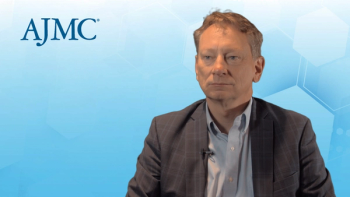
Even though there is a 1-year gap between the Oncology Care Model and the Enhancing Oncology Model, there remain value-based oncology payment programs with private payers, said Glenn Balasky, executive director of Rocky Mountain Cancer Centers.

With more and more biosimilars reaching market, there are considerations around whether to keep patients on their current biosimilar or switch them to another biosimilar as the market dictates, said Paul Forsberg, PharmD, director of pharmacy, Minnesota Oncology.

A new review article explores how precision monitoring of blood glucose can be informed by the connections among self-care behaviors, mental health, and glucose level maintenance.

Offering a high-deductible health plan (HDHP) led to a 6.6% reduction in the probability of using substance use disorder services and a shift in spending from the plan to the enrollee.

A panel discussion at the 70th Annual Roy A. Bowers Pharmaceutical Conference addressed recent care delivery initiatives in New Jersey that aim to address health inequities and other population health concerns.

There is wide variation in the governance over research participant pay, and with rapid advances in technology enabling trial access, industry should step up and pay patients what they are worth, says Gunnar Esiason, a patient advocate living with cystic fibrosis.

The topline results showed the phase 3 trial met both the primary endpoint and all secondary endpoints.

When converting a patient to a biosimilar, having clear and consistent messaging will reduce confusion and prevent patients from having a lack of trust in the process, said Paul Forsberg, PharmD, director of pharmacy, Minnesota Oncology.

Tobacco smoking, depression, and increasing number of comorbidities were associated with reduced treatment satisfaction among patients with hidradenitis suppurativa.



